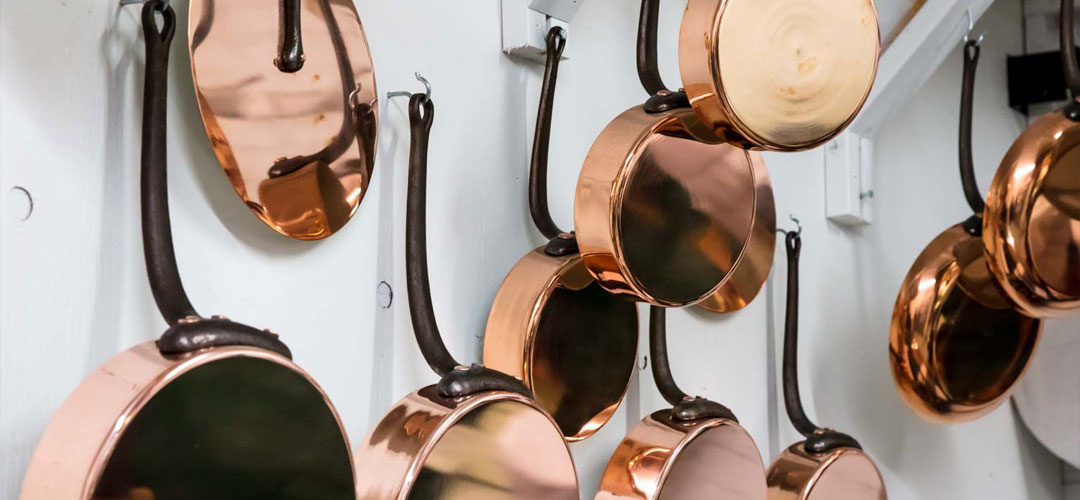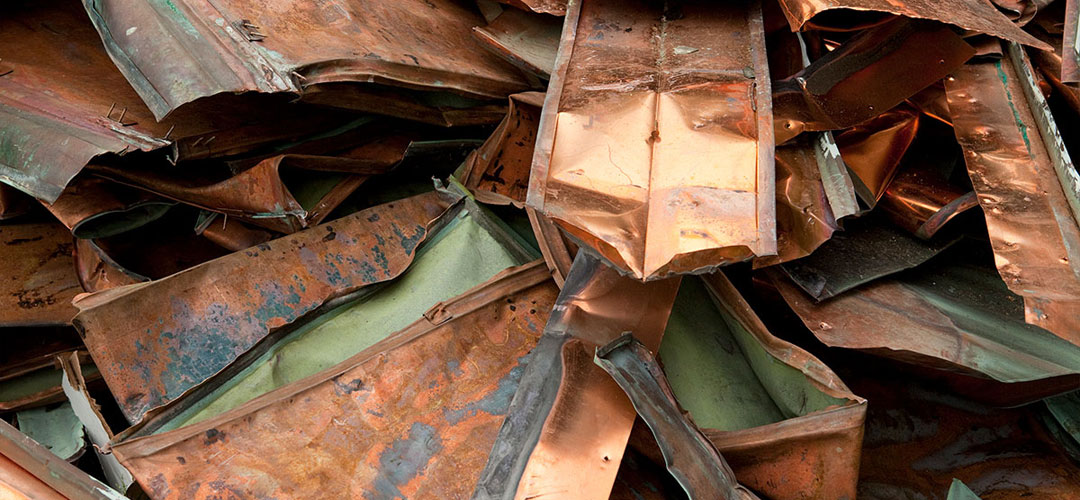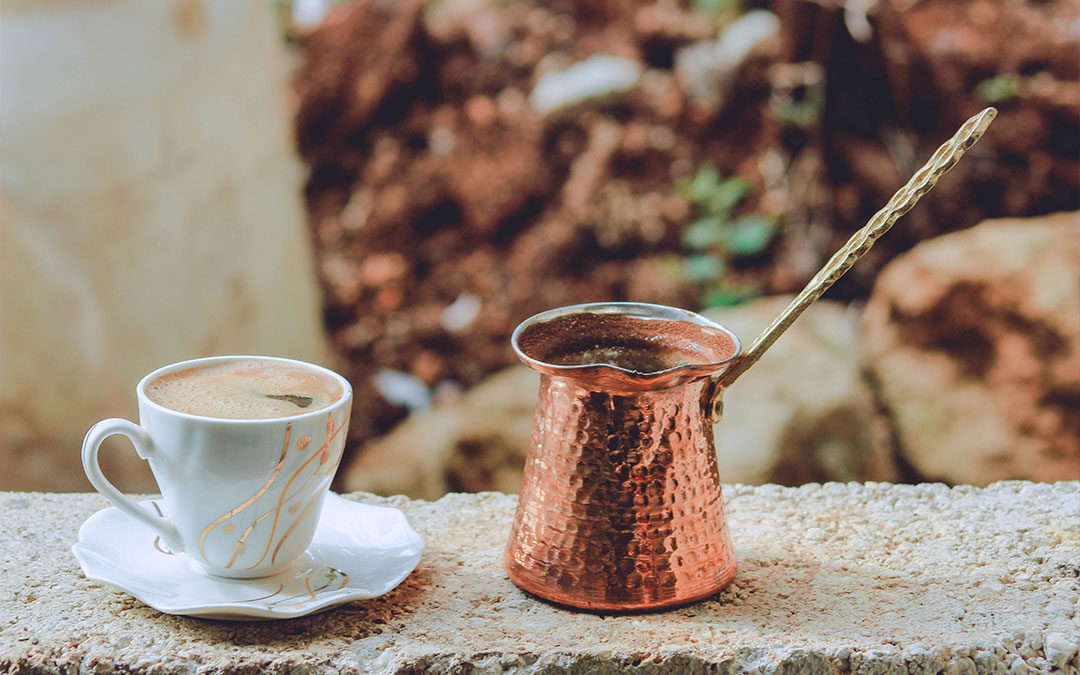Is copper recyclable? To answer that question, let’s talk about metals. There’s only a finite amount of resources on this planet. We’re using the materials available to us at a rapid rate with no end in sight. Many of these resources are materials we may even take for granted. One of them is copper.
Copper is a metal that humans have been using for centuries. In fact, it’s one of those that even ancient humans valued. Today, it is used in many of the products we use every day, such as jewellery and wiring. Because of the limited amount, there have been some initiatives put in place to find ways to reuse copper and make new things.
Throwing away copper seals it away in landfills, which requires mining for new copper. When we recycle copper however, we keep it in use. It’s a much more environmentally responsible way. It’s also a great option for people to generate income in the process.
There are several different grades of copper and it’s important to separate the copper from other metals. Then the local experts at Manville Recycling can prepare it for its future uses.
Facts to Know About Copper
Copper is non-ferrous, which means it contains no iron. Metals without any iron content are normally more valuable than ferrous metals. A good way to see if the item you have is ferrous or non-ferrous, try the magnet test. If the magnet sticks to the object, it contains some iron content. Other examples of ferrous metals are titanium and steel. This is an important point when it comes to separating different metals for recycling.
Copper is also good at conducting electricity. That’s the reason copper is used in so many wiring systems today. The only other metal that has a higher conductivity than copper is silver.

Reasons to Recycle Copper
There is a possibility that some of the copper found in your home was once part of something else and recycled into the item you currently own. This is because copper is easy to recycle and environmentally responsible.
Recycling copper uses 80 to 90% less energy than mining new copper. When less energy is used, less pollution is released into the atmosphere. Mining wastes valuable resources and is more expensive. Recycling the copper we already have keeps the retail and manufacturing expenses at a minimum.
Once we use up all of the copper in the earth there won’t be any left. That’s an alarming point but the good news is, we’ve only exhausted a small amount of our copper supply. As long as we keep recycling copper we won’t run out any time soon.
Another one of the benefits of recycling copper is that it generates income. Other than brass, copper is one of the most profitable metals to collect for scrap. It holds nearly all of its original value if recycled properly. It’s also easy to locate. In order to take advantage of this opportunity, one only needs to know where to look.
Where to Find Copper
Construction sites are a great source of copper. It may have been accidentally discarded and ended up in the trash. There may also be plenty of copper in your own home. There’s copper in hardware, pipe fittings, valves, and plenty of copper wiring. There may also be some copper in your appliances.
The best practice when it comes to collecting copper is to gather it up into a large pile before you decide to take it to your local recycling centre. It’s best to do it all in one trip because multiple visits will cause you to use more petrol and you’ll generate more pollution from making multiple trips.

Separating Your Copper
It’s important to separate your different items before heading over to the recycling centre. But you also have to separate the different types of copper you find. Here are the different types of copper:
- Copper
This is clean non-oxidized metal. There are no other elements mixed with it, and any insulation has been removed. If you don’t want to or can’t remove the insulation, place them in a different pile. - Copper
Pipes that may have some sort of residue or oil on them are an example. If your copper items have any imperfections, they may be harder to clean and refine for proper recycling. This could lower their value. - Roofing Copper
This type of copper may have tar, paint, or insulation attached to it. You may not be able to remove these elements from the metal. Not to mention the dirt and oxidation that may have occurred from weather exposure. - Copper Wiring
If you haven’t stripped the insulation from your copper wiring it will end up in this category. If you don’t know how to do it, you may accidentally strip off some of the copper itself. This will lower its value. If you’re not sure how to separate your copper properly, the recycling experts at Manville Recycling will happily answer any questions you may have. The better you become at knowing how to recycle properly, the more money you’ll get when you sell your scrap
Discarding metals like copper in landfills is a waste of our natural resources. It creates negative effects on our environment and depletes our valuable assets. It’s everyone’s responsibility to recycle copper and keep it out of the trash bin. If we don’t recycle, our precious resources will vanish long before they have to. This will cause the price to increase and we’ll be forced to rely on inferior elements for construction.
Look through your home and on your property for any unwanted copper. Gather it up and contact us here at Manville Recycling today! You can go to our website for more information or give us a call at 416-751-4732. We’ve been serving the communities of Scarborough, Toronto for nearly 20 years! Our friendly professionals will be happy to chat with you about all of your recycling needs. It’s also a great way to earn yourself some extra income this year!
